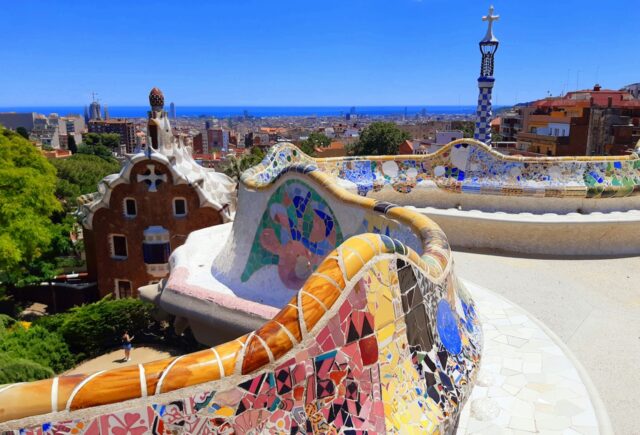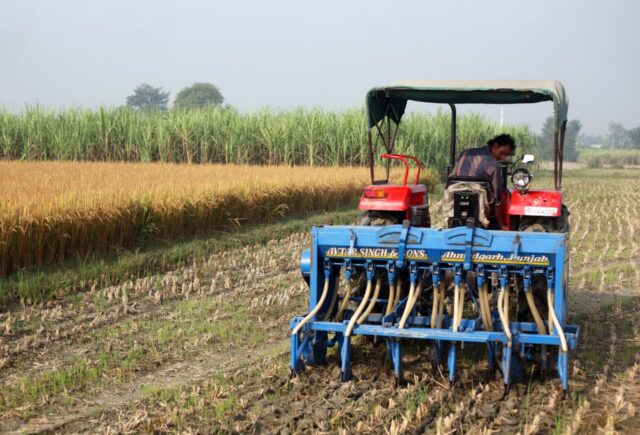Investment volumes are set to significantly increase from 2025 to 2027 across Ukraine, potential new EU member states and neighbouring regions, with a focus on strategic infrastructure and private sector development.

The European Investment Bank (EIB) Group has allocated up to €10bn in annual financing from 2025 to 2027 for EIB Global, its international partnerships and development arm, to streamline and simplify support for high-impact projects in more than 130 countries.
The extra funding forms part of a new strategic orientation for EIB Global, which was launched in 2022 to help countries outside of Europe in crisis. Under its current mandate, EIB Global is tasked with mobilising up to €105bn by 2027 in high-impact investments that can solve global challenges including poverty, energy shortages, pollution, drought and extreme weather events.
“In a world of walls, we build new bridges,” said Nadia Calviño, president of the EIB Group, which is the EU’s financing arm. “As a strong and reliable partner, we remain committed to cooperation and delivering win-win solutions.”
Since the start of the Russian invasion, the EIB Group has provided €4bn in financing to Ukraine to repair critical infrastructure, rebuild schools, kindergartens, hospitals and help secure its energy supply.
Nine key areas
The strategic orientation of EIB Global, which was recently approved by the EIB board of directors, will help guide the lender’s investments outside of the EU across nine key areas. These include clean energy and sustainable transport, global health, better education, infrastructure projects that strengthen supply chains and women’s empowerment.
The extra financing will be used to provide more technical assistance to boost local ownership and speed up the roll-out of projects. The EIB further plans to fast-track investments in global flagship projects while it is also in talks with the European Commission and EU stakeholders to optimise mandates from the EU budget. And finally, the strategic orientation includes an increased focus on boosting supply chains of critical raw materials that are key to Europe’s green and digital transitions.





